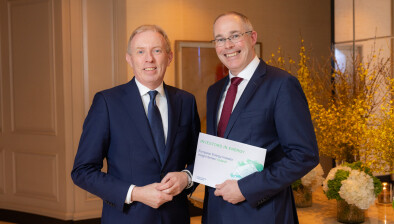New procedure for urgent EPA applications

The Decision Support Service (DSS) has set out a new procedure for urgently creating or registering an enduring power of attorney (EPA).
Under the Assisted Decision-Making (Capacity) Act 2015, all EPAs must be registered with the DSS before they take legal effect.
While the Act does not provide for emergency EPAs, the DSS can fast-track certain applications in exceptional circumstances.
The new procedure is designed to ensure that people creating an EPA can complete the process quickly and correctly, even under time pressure.
Where an urgent application is needed, the donor or their authorised agent should contact the EPA helpdesk immediately to explain the circumstances.
The DSS may then prioritise setting up MyDSS online accounts for donors and attorneys; expedite identity verification and accessibility applications; and support completion of the application steps over the phone, issuing templates for execution without delay.
The DSS will review urgent applications within five working days of submission, but the statutory five-week objection period still applies before the EPA can be registered.
John Farrelly, chief executive of the Mental Health Commission, said: “At certain times in our lives, we may need urgent assistance and support to vindicate our wishes.
“This guidance ensures that even in emergency or unforeseen situations our will and preferences can be identified and registered.”
Áine Flynn, director of the Decision Support Service, Áine Flynn, added: “Although it is rare, we have had cause to expedite an EPA application on a number of occasions.
“This procedure provides for the situation where a donor needs to urgently expedite an EPA application.”
In cases where a donor cannot access MyDSS or the prescribed paper forms, the DSS may under section 69(1A) of the Act treat a non-specified form as valid if it meets the Act’s legal requirements and the urgency criteria are clearly demonstrated.
The DSS will require written reasons why standard forms or MyDSS could not be used; evidence of engagement with the DSS; and details of the circumstances that required urgent action.
If a donor loses capacity after the EPA has been properly executed but before registration, the DSS may still process the application once it is submitted.
The DSS has also published revised guidance for legal practitioners to assist solicitors instructed in the creation and registration of EPAs with the DSS.









